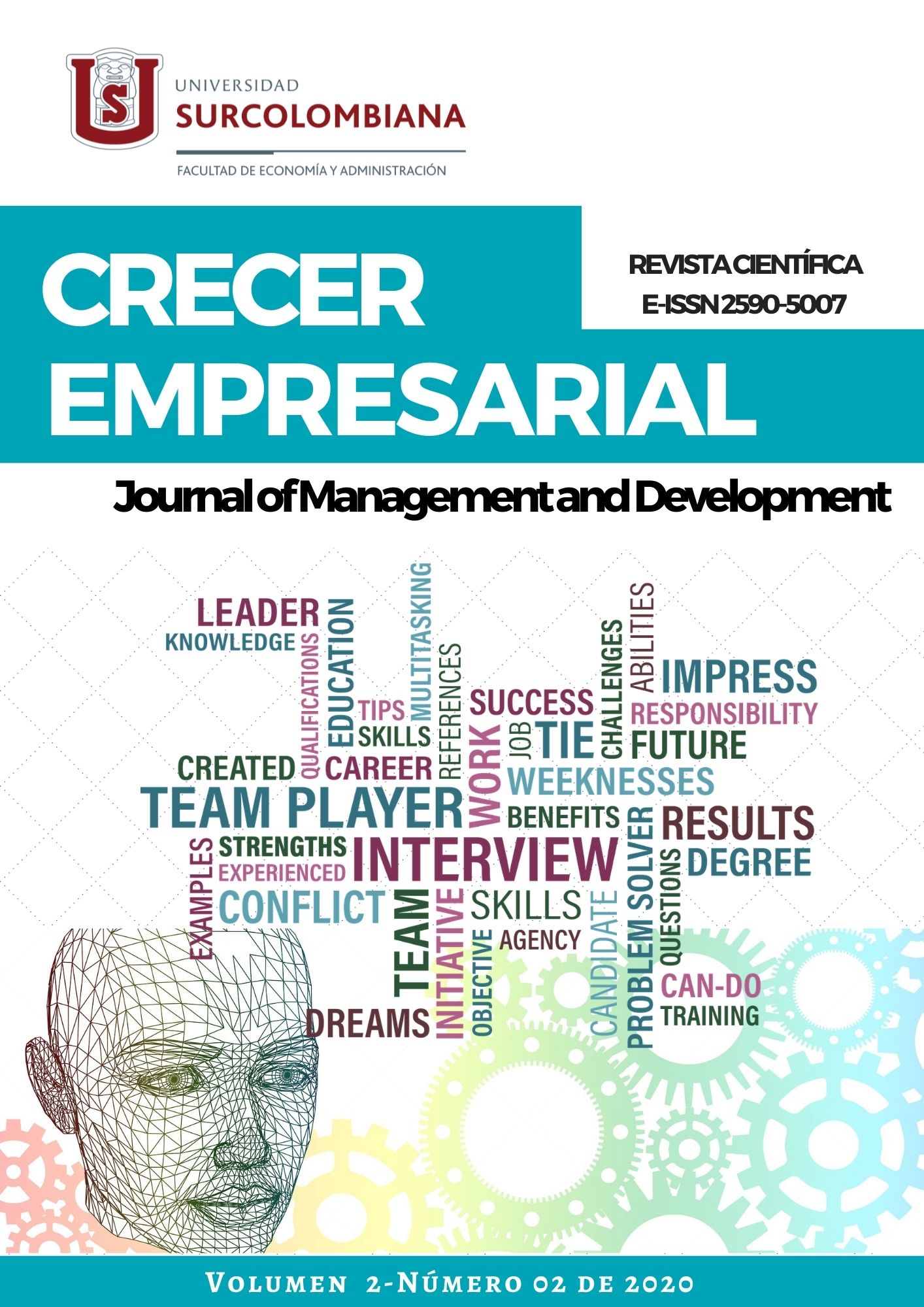On business changes to face the global pandemic.
##plugins.themes.bootstrap3.article.main##
Obviously, the global pandemic has generated significant changes in humanity, but the purpose is to reflect a little on the challenges and changes that companies have made to achieve survival in times of pandemic.
Barnard (1959) defines the organization as a consciously coordinated system of activities or forces of two or more people and states that he believes in the power of “cooperation of men of freewill to form free men to cooperate”. According to the author, only when each one freely accepts responsibility is he able to enter into that communion of men, from which purposes both individual behavior and cooperative behavior come. Perhaps, the cooperative nature is the invisible tool that contributes to adaptation and improvement in times of crisis.
The International Labor Organization estimates that global work income has decreased by 10.7%, equivalent to $ 3.5 billion, in the first three quarters of 2020.
According to WEF (2020), the disease has affected several workers differently, but employees of companies such as Google and Facebook have followed teleworking, while the employees that must have a personal presence at work have been very affected.
So, for companies, having the dilemma between the care of human resources and production itself, COVID-19 accelerated companies to implement digital tools, before the pandemic, and consumers demanded services or products without contact and online (WEF, 2020).
Schwab (2016) argued about the potential benefits of the fourth industrial revolution, but also made it clear that this transformation process would only benefit those who can innovate and adapt. At that time, there was no thought of a global pandemic that would fulfill the role of a driving that would force companies, governments, leaders and citizens to learn to implement new forms of work, education and interaction, all for survival.
In this sense, the WEF (2016) emphasizes that companies that are slow to change, particularly small ones, have become especially vulnerable to disruptions from digital natives. The technology decisions that entrepreneurs make now will determine not only their future success but also the success of their employees, customers and partners.
Between the uncertainty about the future and the confidence of the human capacity to overcome, it is clear that the economic panorama in level global is contingent. The pandemic situation caused by COVID-19, the technologies of the Fourth Industrial Revolution, dramatic changes in international trade and political turmoil have triggered social tension, worsening inequality and a more urgent need to foster cooperation (WEF , 2020). If humanity's closest wish is better world health, greater sustainability, more inclusive development, and better economic progress[1], then Chester Barnard's cooperative spirit is a means to bring it into praxis.
Downloads
##plugins.themes.bootstrap3.article.details##
SCHWAB, Klaus (2016). The fourth industrial revolution. First edition. Editorial group penguin random house. Barcelona, Spain.
WORLD ECONOMIC FORUM (2020). Exploration of the map of the strategic intelligence session from the topic Covid-19 and business sector or businesses. Link https://intelligence.weforum.org/topics/



